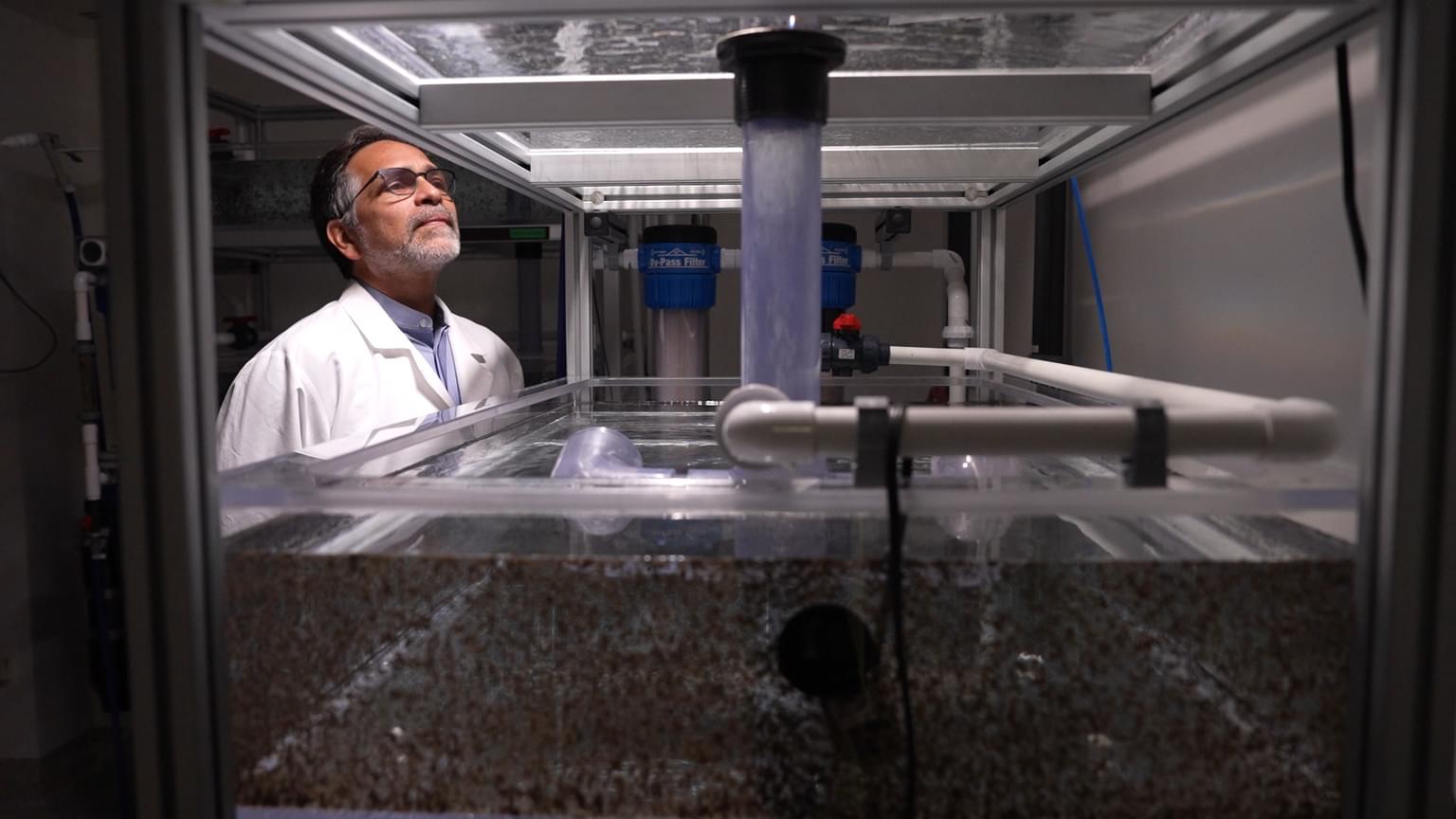News

03 April 2025
Does a cell’s “type” define its function?
A recent article co-authored by Stowers Investigator reviews current neurobiology research to highlight and foster scientific discussion.
Read Article
News
Several Stowers researchers have received funding notifications during the first quarter of 2021, including both investigators and trainees.

Top row, L to R: Nicolas Rohner, Alexandria Cockrell, Kausik Si.
Bottom row, L to R: Ariel Bazzini, Paul Kulesa, Soma Dash.
Several Stowers researchers have received funding notifications during the first quarter of 2021, including both investigators and trainees.
Most recently, Director of Imaging Paul Kulesa, PhD, was awarded an R03 grant from the National Institutes of Health (NIH). This award provides $330,000 over two years for Kulesa’s research into outcome prediction of pediatric neuroblastoma. The project, led by Jennifer Kasemeier, PhD, aims to develop a predictive artificial intelligence algorithm (PredictNeuroB) based on embryonic signals. By using a large set of patient-derived data from the Gabriella Miller Kids First genomic database, they anticipate the model will prove highly predictive for a broad class of neuroblastoma patients and support clinical decision making in disease treatment and targeted drug therapies.
Associate Scientific Director and Investigator Kausik Si, PhD, was awarded an NIH R01 grant in January 2021. The R01 provides $2 million over five years. For Si, the funding will support his research to identify the biochemical substrates of long-lasting memories in mammals and gain a better understanding of the relationship between amyloids that support memory and amyloids that disrupt memory. Results of this research could aid in the development of treatments for neurodegenerative diseases such as Alzheimer's disease.
Also receiving a five-year R01 from the NIH was Assistant Investigator Ariel Bazzini, PhD. He aims to elucidate how post-transcriptional regulation shapes gene expression in vertebrates, and its impact on human disease. Specifically, he will closely study downstream open reading frames (dORFs) to determine their biological function and how they enhance translation. Identifying the molecular machinery involved in translation could provide targets for therapeutic interventions in pathological conditions such as cancer.
Associate Investigator Nicolas Rohner, PhD, was named the recipient of a grant from BioNexus KC as a subcontract with Joan Coates, DVM, at the University of Missouri. Coates’ research will use technology optimized by Rohner to help understand the treatment of the canine model of amyotrophic lateral sclerosis (ALS), a neurodegenerative disease in which the brain loses connection with the muscles. Rohner’s contributions will facilitate a better understanding of the earliest nervous system pathology and potentially identify targets for therapeutic intervention.
Alexandria Cockrell received an F30 grant from the NIH at the end of December 2020. Cockrell received support of $34,000 for her research on ribosomal DNA and nucleolar organization in fission yeast. Alexandria is a predoctoral researcher with the University of Kansas Medical Center, doing her thesis work in the Gerton Lab.
Trainor Lab Postdoc Soma Dash, PhD, was recognized with a fellowship from the American Association for Anatomy in January 2021. The award will support her research into the etiology of Hirschsprung syndrome. Building upon previous studies published by the Trainor Lab related to cranial neural crest cell function and Treacher Collins syndrome, this new research has a high potential impact for therapeutic studies of Hirschsprung disease.
News

03 April 2025
A recent article co-authored by Stowers Investigator reviews current neurobiology research to highlight and foster scientific discussion.
Read Article
News

01 April 2025
Brown, who held key leadership roles for both organizations, passed away March 27, 2025.
Read Article
Press Release

27 March 2025
Alejandro Sánchez Alvarado, Ph.D., receives recognition as a leader and expert in regenerative biology and its potential to transform human health.
Read Article
